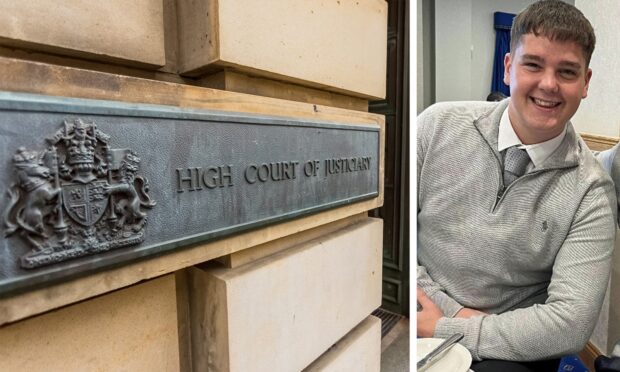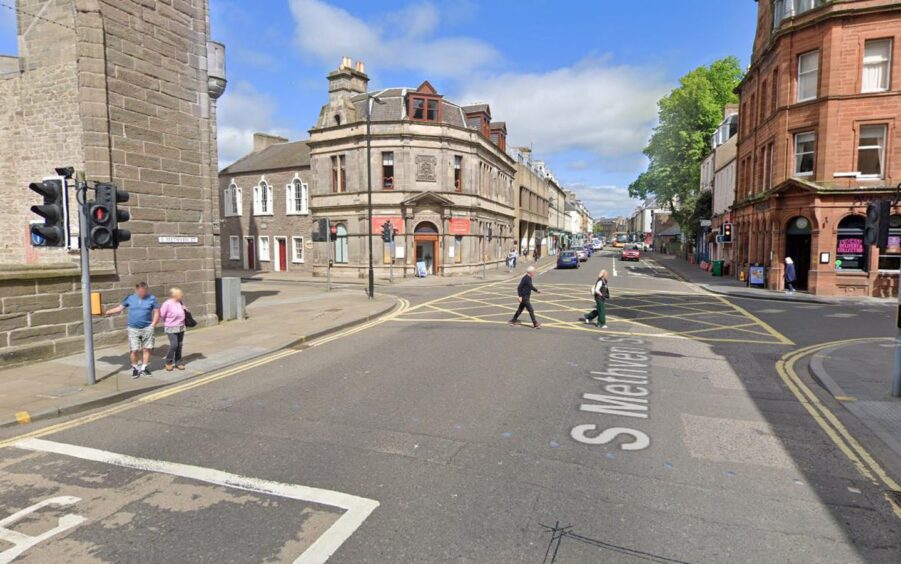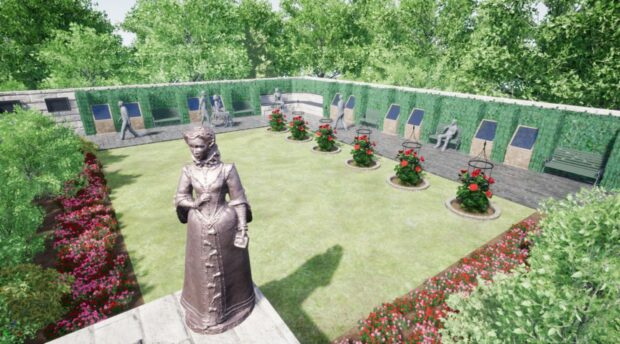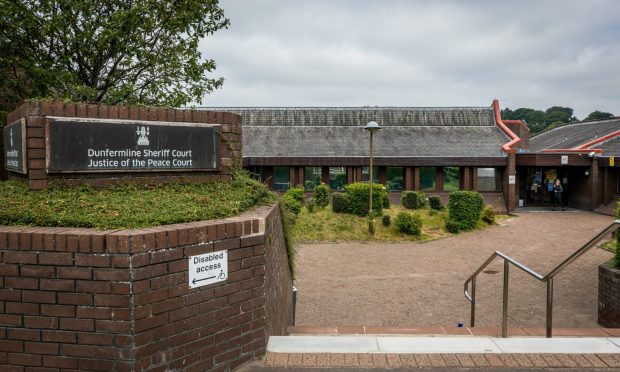Perth stab victim Cameron Rae died after being knifed through the diaphragm and lung, a high court murder trial has heard.
As the trial entered its third day of evidence, the jury heard from pathologist Dr Tamara McNamee, who examined the tragic 20-year-old’s body after his death in the city’s South Methven Street on April 8 2023.
He had been stabbed three times in the so-called party flat, before murder accused Caleb Ferguson, 20, fled with a friend after the authorities had been alerted.
He was pronounced dead shortly after police found him.
Dr McNamee said the fatal blow had penetrated to an approximate depth of almost 11cm.
It had punctured Mr Rae’s diaphragm and caused damage to his spleen and a major blood vessel, resulting in almost a litre of blood loss into his chest cavity.
She said this was “clinically the most significant stab wound”.
A second blow had penetrated Mr Rae’s lower lung, while a third was superficial and would not have required hospital treatment, she said.
There was no injury to the heart.
No defensive wounds
Dr McNamee revealed Mr Rae had no defensive injuries.
He had no wounds to his hands, arms or legs.
Reading from her forensic report, she said: “On external examination there was some trivial bruising and abrasions….which were non-significant and non-contributory to death.
“There was no evidence of sharp force defensive injuries as if hands, arms or legs are interposed between the weapon.
She concluded: “Taking into consideration the history and circumstances surrounding the death, the finding is the cause of death is attributed to a stab wound to the abdomen.”
Dr McNamee added there was a “level of intoxication” and this “may have inhibited (Mr Rae’s) ability to anticipate assault or engage in meaningful fight or flight action”.
DNA on knives
The court also heard from forensic scientist Dr Sarah Milne.
She said blood from Mr Rae was found on the handle of a weapon recovered from underneath his unconscious body.
Experts also found his blood on the sofa, walls and carpet.
Dr Milne examined four blades taken from the room.
A knife taken from the other sofa in the room predominately contained DNA from Ferguson on both the blade and handle.
A chemical test showed the presence of blood but she said there was none visible on the blade.
She said the “most obvious mechanism” for the presence of his DNA was if Ferguson had handled the knife.
She agreed with defence agent Richard Goddard a possible explanation for the presence of Ferguson’s DNA on the knife blade was if he had sustained a bleeding injury.
The knife found under Mr Rae also had the DNA of five other individuals, none of whom could be identified.
Experts were unable to get enough DNA from the blade of the weapon to make a match.
Dr Milne concluded: “In our opinion, the scientific findings do not assist in addressing if Caleb Ferguson struck Cameron Rae with a knife”.
The court heard from Dr Alfarah Kumwar, a forensic medical examiner, who examined Ferguson on April 9.
He noted a number of superficial injuries, including a bruised eyebrow, scratches to his hip and cuts to his hand.
He agreed with Mr Goddard’s suggestion the cuts – 5mm or under – could have been caused by a knife.
Previous evidence
On Wednesday the court was shown CCTV of some of Mr Rae’s final moments.
Family members wept as he was shown drunkenly climbing the stairs at a property in South Methven Street, smiling as he approached the second floor flat.
The footage was captured less than 90 minutes before the 20-year-old was declared dead by a trauma doctor.
The court heard how Ferguson stated “I’m f***ed, I’m going to prison” as he fled the scene.
The Crown has dropped all the charges originally faced by Ferguson, from Perth, except a single accusation of murder.
The trial before Lord Scott continues.
For more local court content visit our page or join us on Facebook.












